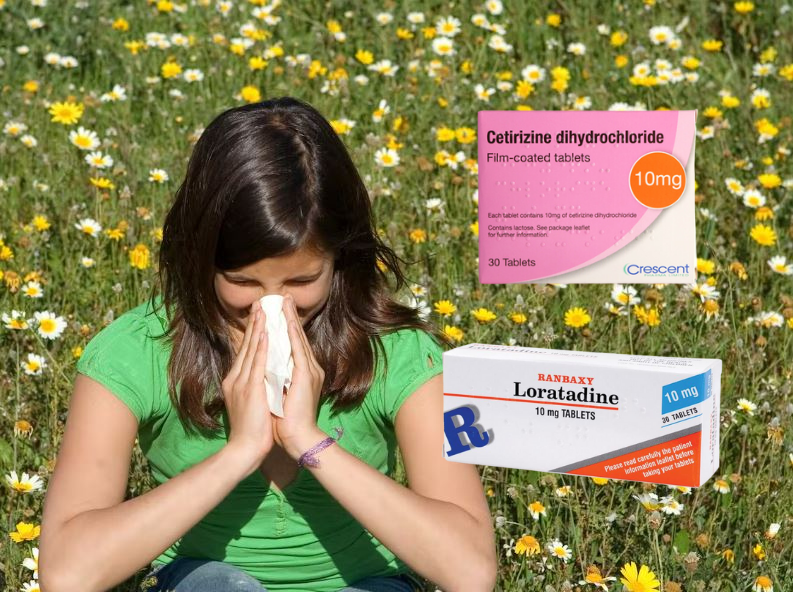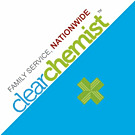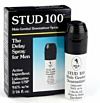Understanding Your Hay Fever Options
Hay fever, also known as allergic rhinitis, affects millions of people worldwide. It is caused by an allergic reaction to airborne substances such as pollen, dust mites, or pet dander. Two of the most common over-the-counter antihistamines used to relieve hay fever symptoms are Cetirizine and Loratadine. Both medications are effective, but they differ in various aspects, including onset of action, duration of relief, and potential side effects. This article will help you decide which one is better suited for your needs.
What Are Cetirizine and Loratadine?
Cetirizine and Loratadine are second-generation antihistamines, which means they are less likely to cause drowsiness compared to first-generation antihistamines like diphenhydramine (Benadryl). They work by blocking histamine, a chemical released by your immune system during an allergic reaction, thereby reducing symptoms like sneezing, itching, runny nose, and watery eyes.
Effectiveness and Duration of Action
-
Cetirizine: Known for its quick onset of action, Cetirizine can start working within 1 hour of ingestion. It provides relief for up to 24 hours, making it suitable for daily use. Due to its rapid action, Cetirizine is often preferred for acute relief of symptoms.
-
Loratadine: Loratadine also provides relief for up to 24 hours but generally has a slower onset of action, taking 1-3 hours to start working. However, Loratadine is less likely to cause drowsiness compared to Cetirizine, making it a good option for those who are sensitive to sedative effects.
Side Effects
Both Cetirizine and Loratadine are well-tolerated, but they do have some side effects:
-
Cetirizine: May cause mild drowsiness in some people, especially at higher doses. Other potential side effects include dry mouth, fatigue, and dizziness.
-
Loratadine: Generally non-sedative, but in rare cases, it may cause headaches, dry mouth, or stomach discomfort.
Which One Should You Choose?
The choice between Cetirizine and Loratadine largely depends on your individual needs and how your body reacts to these medications:
-
Choose Cetirizine if: You need quick relief from hay fever symptoms and can tolerate a slight chance of drowsiness. Cetirizine might be more effective if you suffer from severe allergic reactions or need a fast-acting antihistamine.
-
Choose Loratadine if: You prefer a non-drowsy formula or have mild to moderate symptoms that do not require immediate relief. Loratadine is also a better option for those who take other medications that may interact with Cetirizine.
Both Cetirizine and Loratadine are effective hay fever treatments with their own unique benefits. If you are unsure which to choose, consider trying both (on different occasions) to see which works best for you. As always, consult with a healthcare professional before starting any new medication, especially if you have pre-existing conditions or are taking other drugs.
Take Control of Your Hay Fever
Living with hay fever doesn’t have to be a constant battle. By choosing the right antihistamine, you can manage your symptoms effectively and enjoy the outdoors again. Whether you opt for Cetirizine or Loratadine, rest assured that both are reliable options to keep your allergies in check.














